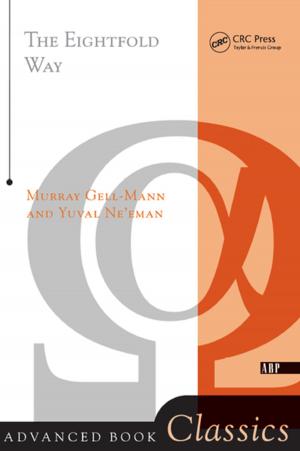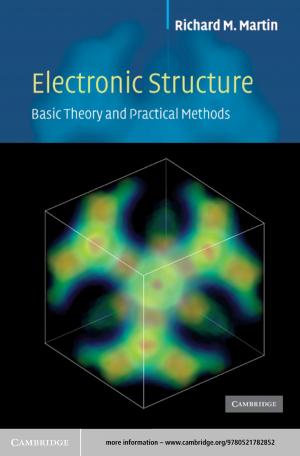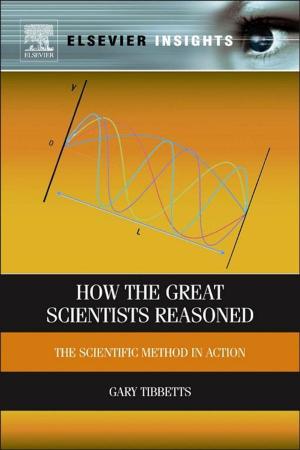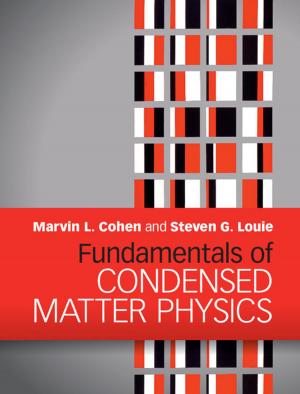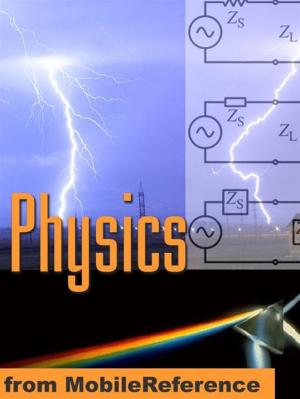Galileo's Balls: Did He Really Drop Them?
Nonfiction, Science & Nature, Science, Physics, General Physics| Author: | Donald R. Miklich | ISBN: | 9781311879219 |
| Publisher: | Donald R. Miklich | Publication: | November 20, 2015 |
| Imprint: | Smashwords Edition | Language: | English |
| Author: | Donald R. Miklich |
| ISBN: | 9781311879219 |
| Publisher: | Donald R. Miklich |
| Publication: | November 20, 2015 |
| Imprint: | Smashwords Edition |
| Language: | English |
According to Aristotle, the speed with which an objects falls is proportional to its weight, i.e., he said heavy objects fall faster than light ones. The Italian Renaissance philosopher Galileo Galilei is widely believed to have tested this claim when he was a professor in Pisa by dropping different weight balls from its Leaning Tower. However, many historians doubt this because there is no supporting historical evidence. These skeptics further object that though Galileo reported the results of such an experiment, he did not say how he knew this. And since the two outcomes Galileo reported are both physically impossible, these historians conclude Galileo's account could only be a speculation. The present paper reports a demonstration of a dropping test done in the way which someone in Galileo's time likely would have conducted such an experiment. Both questionable results were observed. They are not physically impossible because they are not physics phenomena. One is neurological and the other a perceptual illusion. Thus it appears likely that Galileo either actually did a similar test or knew of the results which others found from such an experiment.
According to Aristotle, the speed with which an objects falls is proportional to its weight, i.e., he said heavy objects fall faster than light ones. The Italian Renaissance philosopher Galileo Galilei is widely believed to have tested this claim when he was a professor in Pisa by dropping different weight balls from its Leaning Tower. However, many historians doubt this because there is no supporting historical evidence. These skeptics further object that though Galileo reported the results of such an experiment, he did not say how he knew this. And since the two outcomes Galileo reported are both physically impossible, these historians conclude Galileo's account could only be a speculation. The present paper reports a demonstration of a dropping test done in the way which someone in Galileo's time likely would have conducted such an experiment. Both questionable results were observed. They are not physically impossible because they are not physics phenomena. One is neurological and the other a perceptual illusion. Thus it appears likely that Galileo either actually did a similar test or knew of the results which others found from such an experiment.


